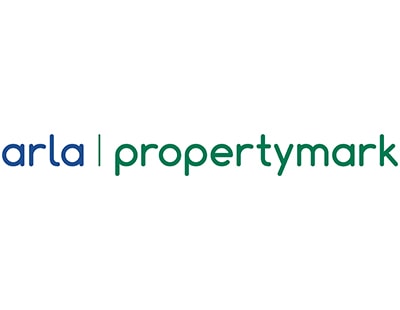
ARLA Propertymark has identified a key weakness in the government’s ambitious plans to reform the private rental sector as part of the Levelling Up agenda - who exactly is going to police the new and higher standards required?
The Levelling Up White Paper insists landlords ensure their private rental properties meet the Decent Homes Standard - originally designed for social housing - and has also announced plans to end Section 21 repossessions, consult on a national register of landlords and develop plans to better tackle rogue landlords.
But Timothy Douglas, Propertymark’s head of policy and campaigns, says while everyone wants to see an improved rental sector, additional standards are meaningless unless they are enforced.
“What’s key for ‘levelling up’ the private rented sector is ensuring that local authorities have the staff and resources needed to actively go out, inspect properties and prosecute” he says.
Douglas continues: “Abolishing Section 21 has been talked about for a while now by the government but what agents want to know is what will replace it to maintain confidence in the market for landlords.
“Propertymark believes the only workable alternative is to strengthen all grounds for possession and make them all mandatory - this is in-keeping with the spirit of the government’s intentions as tenant’s won’t be evicted unless they have been provided with good reason to do so.
“We await further details but additional commitments from the UK Government to build more genuinely affordable social housing is important because the long-term solution to address the lack of affordability in the private rented sector is to ensure that more social housing is built to reduce housing need.
“On home ownership, the UK Government’s plans to address the imbalance of housing supply will be welcome in many parts of the country with a clear focus on providing more people with more opportunities to own their own home. However, there is no mention of the anticipated housing needs of older people and the planning system must remove known barriers to maximising delivery. “















%20-%20IMAGE%20Client%20Accounting%20%E2%80%93%20what%20are%20your%20options.jpg)

%20(002).png)
.png)
.png)

%20(002).jpg)







Join the conversation
Jump to latest comment and add your reply
'Identified' a key weakness? Who exactly missed it? The Decent Homes Standard has been around for over 20 years since New Labour brought it in. Everything in it is already covered by other legislation, which, surprise, surprise, is largely unenforced. The vast majority of legislation in ALL industries is basically unenforced, and I say that as someone who has had businesses in construction, publishing, marketing and property. The same is true everywhere... the good guys jump through continuous hoops and incur more and more cost, while the fly by nights that cause it ignore it. The only time any enforcement action is ever taken is when a serious incident happens (when the self appointed industry big wigs jump on the media opportunity) or when it is politically or financially advantageous. There's no reason to expect any of this to be enforced to any extent, or to expect it to 'raise standards' even 1%.
The point is- any further regulation of any shape or form is merely hyperbole unless the government ring-fences substantial funds for pro-active enforcement. I believe there is a team of around 8 people who are tasked with overseeing the entire UK Estate & Lettings agency marketplace. Without a some hard-hitting tech sat behind this the phrase 'p***ing in the wind' comes to mind.
The obvious solution is to use properly accredited Independent Inventory Clerks by the AIIC and make independent inventories a legal requirement. Also take steps to prevent agents gaming the law by having their own clerks.
Please login to comment